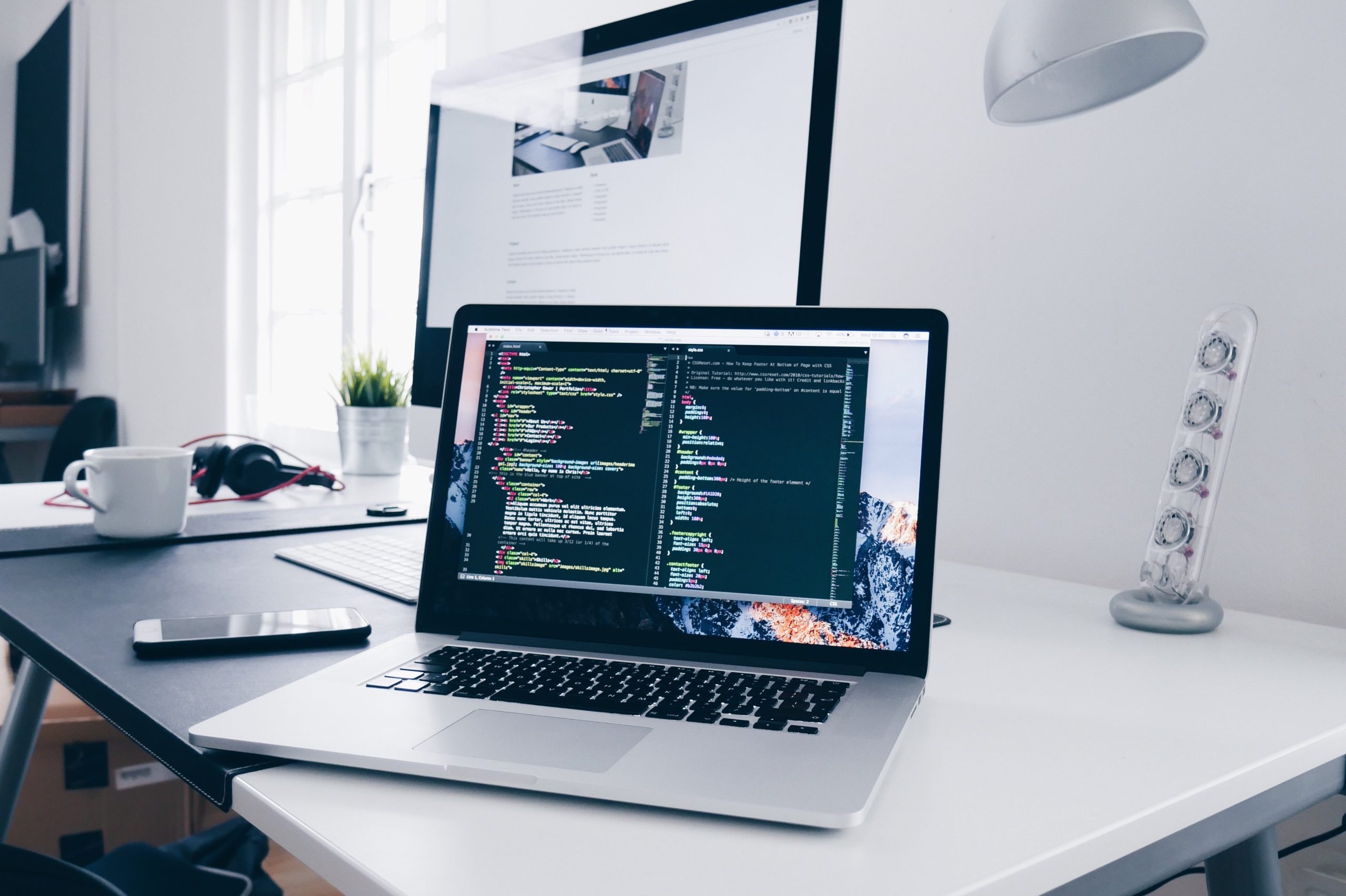Artificial Intelligence (AI) is no longer a buzzword—it’s here, shaping the way we live, work, and connect. In social media marketing, AI and automation are transforming everything from how brands create content to how they engage with customers.
Think of personalized ads, chatbots answering questions 24/7, and algorithms suggesting exactly the content you want to see. That’s AI at work. But while these tools open massive opportunities, they also bring challenges and risks marketers can’t ignore.
This article explores how AI and automation are changing social media marketing in 2025, the benefits they offer, and the pitfalls you should watch out for.
1. How AI Is Already Everywhere in Social Media
Most people don’t realize it, but AI drives much of what happens online:
- Algorithms decide which posts show up on feeds.
- Recommendation engines suggest videos, reels, or creators.
- Ad targeting uses AI to match products with the right audience.
- Chatbots provide instant customer service on Messenger, WhatsApp, and Instagram.
In short: if you’re on social media, you’re interacting with AI.
2. Opportunities of AI in Social Media Marketing
a) Smarter Targeting and Personalization
AI makes ads more relevant by analyzing user behavior, interests, and even emotions. Instead of “one-size-fits-all,” you can now show the right message to the right person at the right time.
b) Content Creation at Scale
Tools like ChatGPT, Jasper, or Canva’s AI features help marketers generate captions, ideas, and even graphics quickly. This means brands can produce more content without burning out their teams.
c) Predictive Analytics
AI doesn’t just show you what happened—it predicts what’s likely to happen. Imagine knowing which posts will go viral before you hit “publish.”
d) Automation of Repetitive Tasks
Scheduling posts, responding to FAQs, and analyzing performance reports can all be automated, freeing marketers to focus on strategy.
3. Risks and Challenges of AI in Social Media
a) Over-Automation
When everything is automated, brands risk losing their human touch. People still crave authentic, personal interaction.
b) Data Privacy Concerns
AI relies on data. The more it collects, the higher the risk of misuse or breaches. With stricter privacy laws coming in, brands need to be careful.
c) Algorithm Dependency
Relying too much on AI-driven platforms can backfire if the algorithm changes overnight. One update can cut your reach in half.
d) Misinformation and Deepfakes
AI can generate fake news, deepfake videos, or misleading content. For marketers, this means being extra cautious about what they share.
4. Real-World Examples of AI in Social Media Marketing
- Coca-Cola uses AI tools to create personalized ad variations across markets.
- Sephora deploys AI chatbots for customer support and product recommendations.
- TikTok’s algorithm is one of the most advanced AI systems, keeping users hooked for hours by predicting interests with uncanny accuracy.
These examples show both the potential and the dependency risks of AI.
5. The Future: Human + AI Collaboration
The smartest approach is not AI replacing humans but AI assisting humans. Marketers who combine automation with creativity, empathy, and storytelling will stand out.
Think of AI as the engine and humans as the drivers—without the driver, the car won’t go where it needs to.
6. Action Steps for Marketers in 2025
If you want to harness AI effectively, start with these:
- Audit your tools – Identify where AI can save time (e.g., scheduling, analytics).
- Stay human – Use AI for efficiency, but keep your voice authentic.
- Prioritize privacy – Be transparent about data usage.
- Experiment cautiously – Test AI-generated content but refine it with human oversight.
- Keep learning – AI evolves quickly. Continuous upskilling is key.
Other Articles
How to Balance Learning and Working: Time Management Tips
Learning from Mistakes: Why Failure Is the Key to Success




